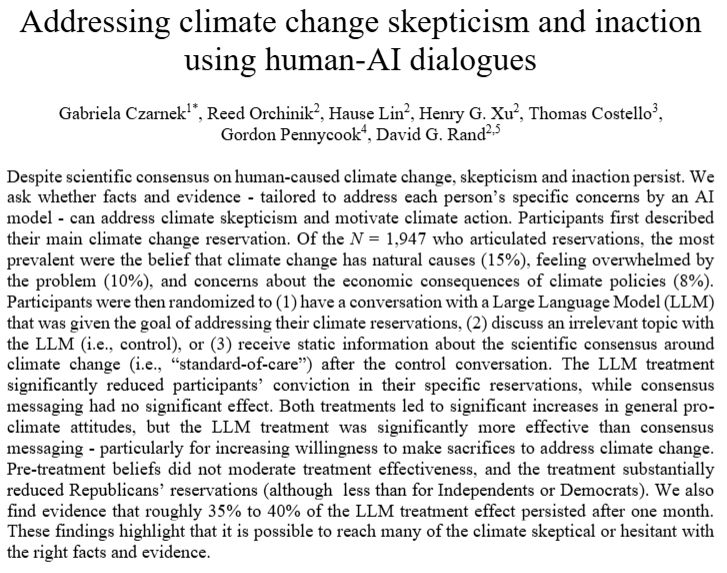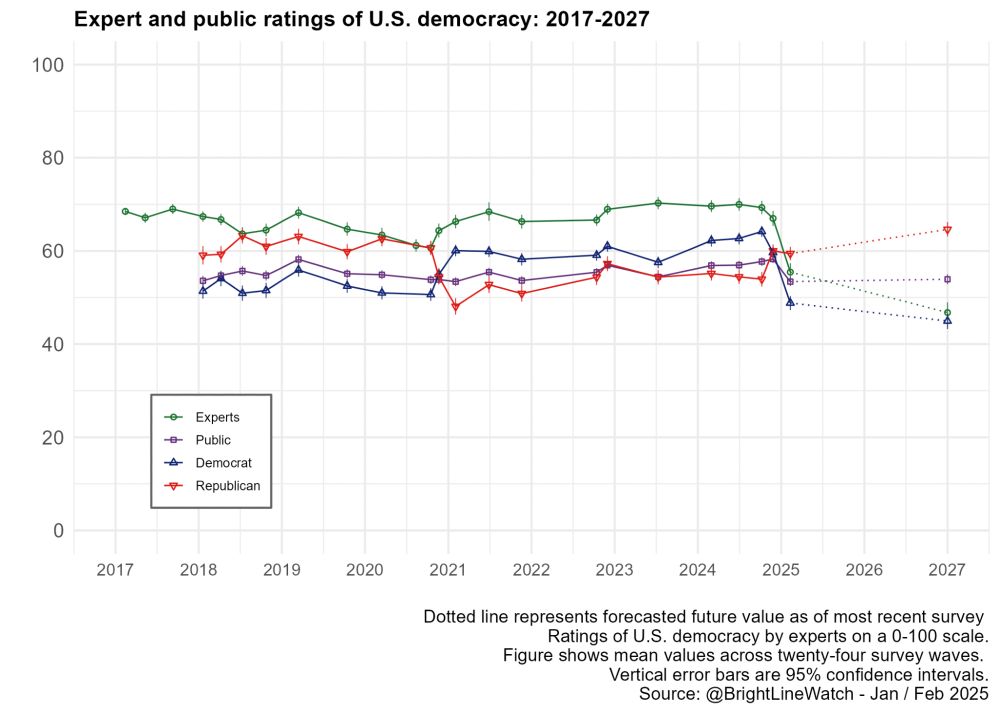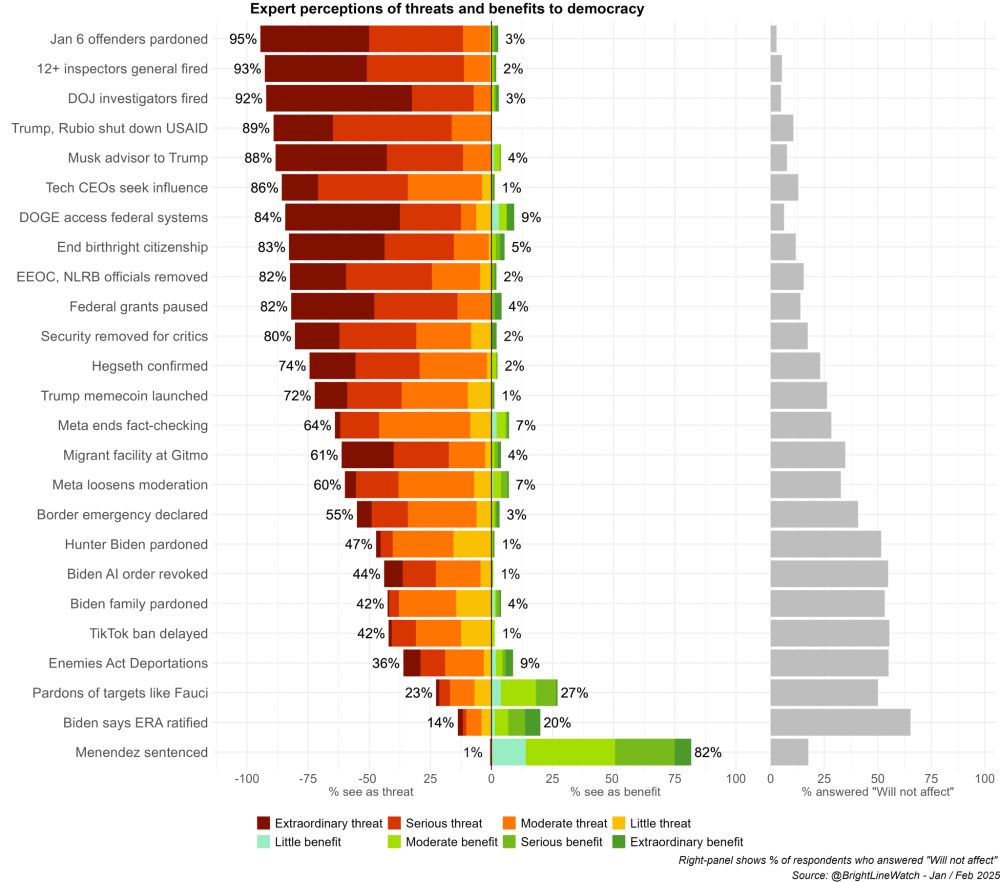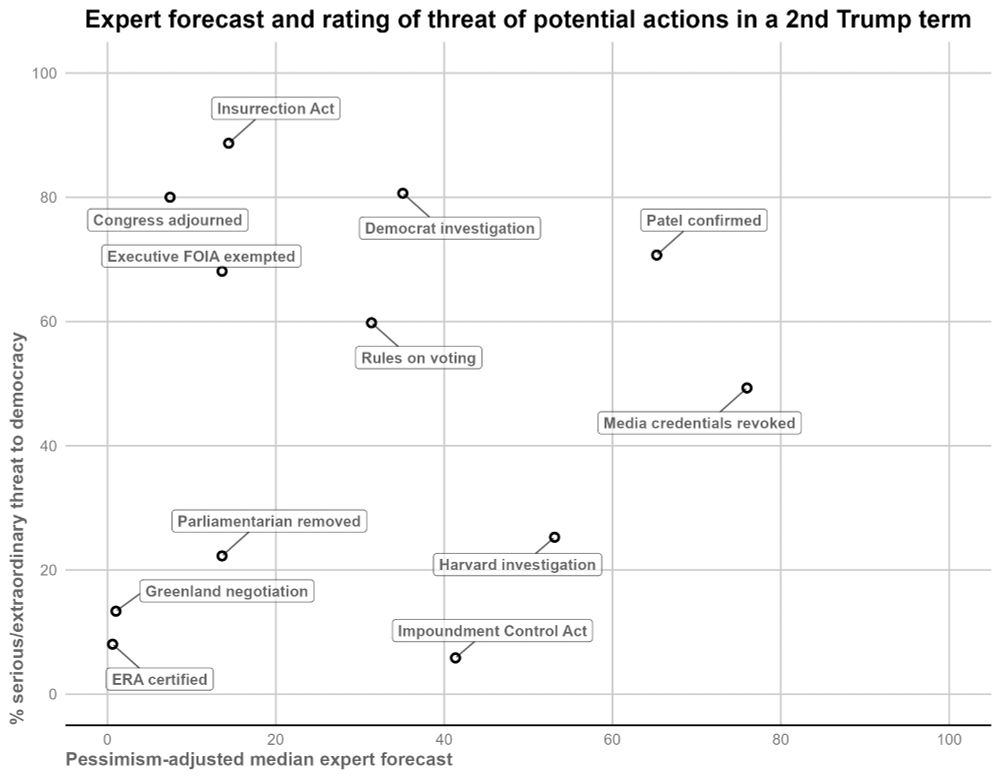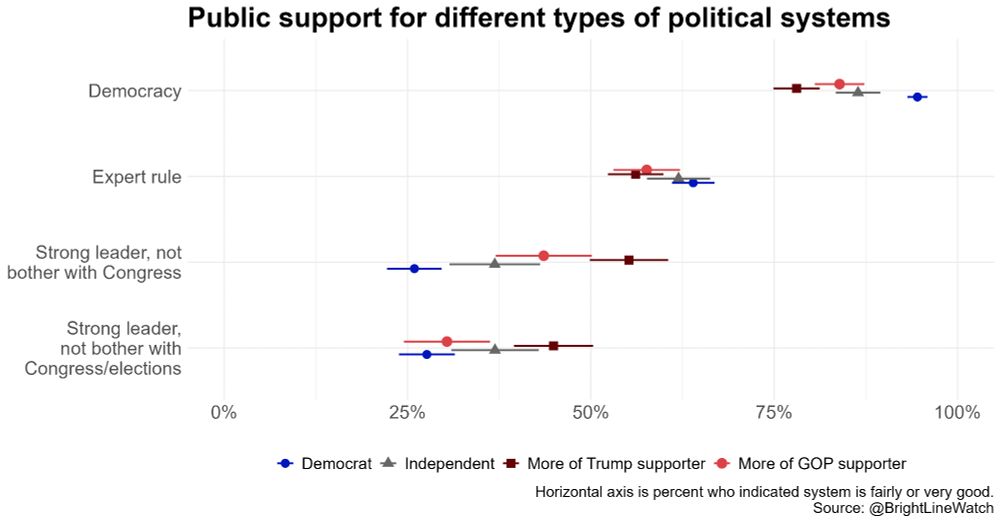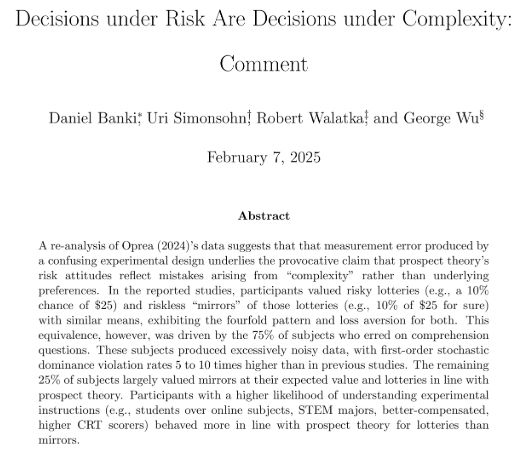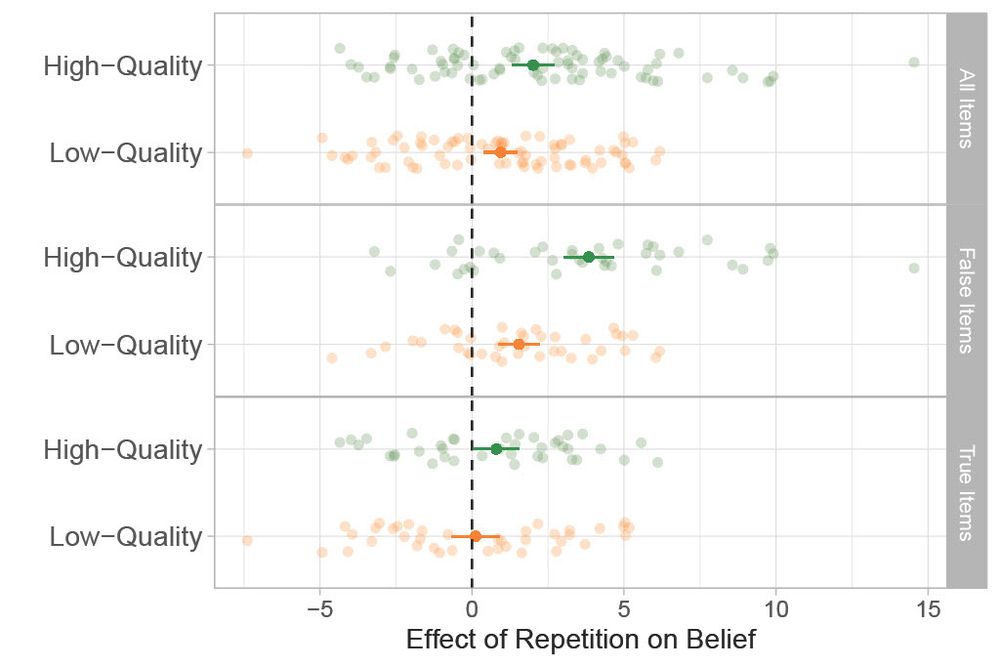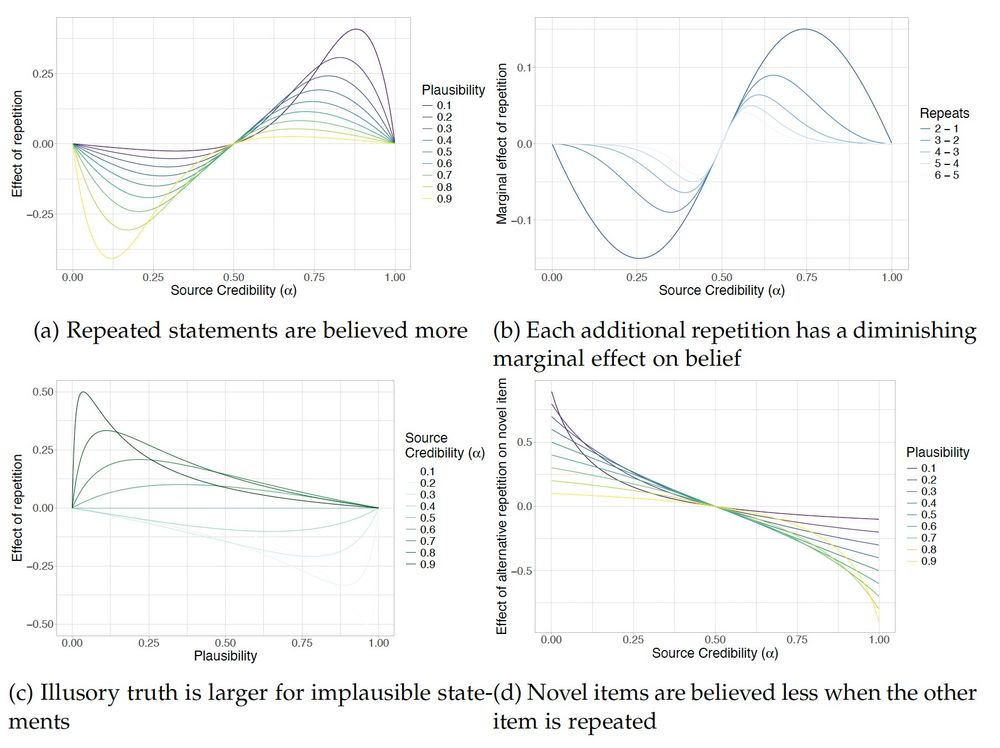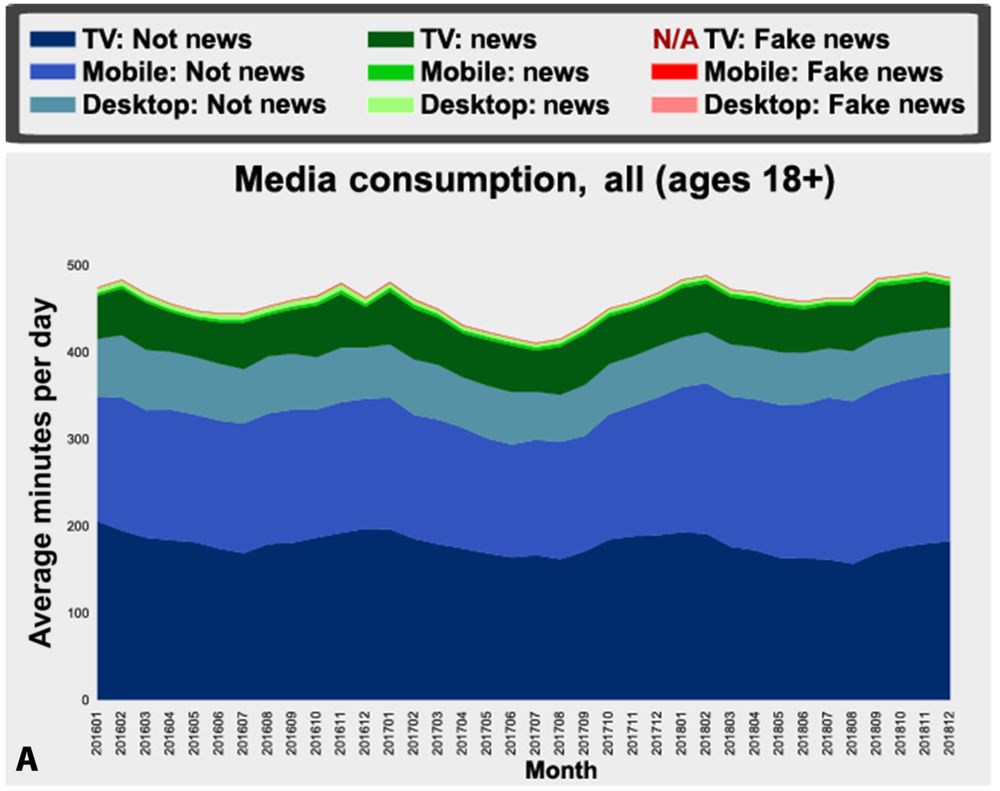Reed Orchinik
@rorchinik.bsky.social
170 followers
92 following
32 posts
PhD student at MIT
I use computational and experimental methods to understand beliefs, particularly as they relate to issues like misinformation and climate change.
Posts
Media
Videos
Starter Packs
Reposted by Reed Orchinik
Reposted by Reed Orchinik
Reposted by Reed Orchinik
David Rothschild
@davmicrot.bsky.social
· Apr 16
Predoctoral Research Assistant (Contract) – Computational Social Science - Microsoft Research
Are you a recent college graduate wishing to gain research experience prior to pursuing a Ph.D. in fields related to computational social science (CSS)? Do you have a deep love of “playing with data”—...
www.microsoft.com
Reposted by Reed Orchinik
Reposted by Reed Orchinik
Reposted by Reed Orchinik
Reposted by Reed Orchinik
Reed Orchinik
@rorchinik.bsky.social
· Feb 2
Reed Orchinik
@rorchinik.bsky.social
· Feb 2
Reed Orchinik
@rorchinik.bsky.social
· Feb 1
Reed Orchinik
@rorchinik.bsky.social
· Feb 1
Reed Orchinik
@rorchinik.bsky.social
· Feb 1
Reed Orchinik
@rorchinik.bsky.social
· Feb 1
Reed Orchinik
@rorchinik.bsky.social
· Feb 1


